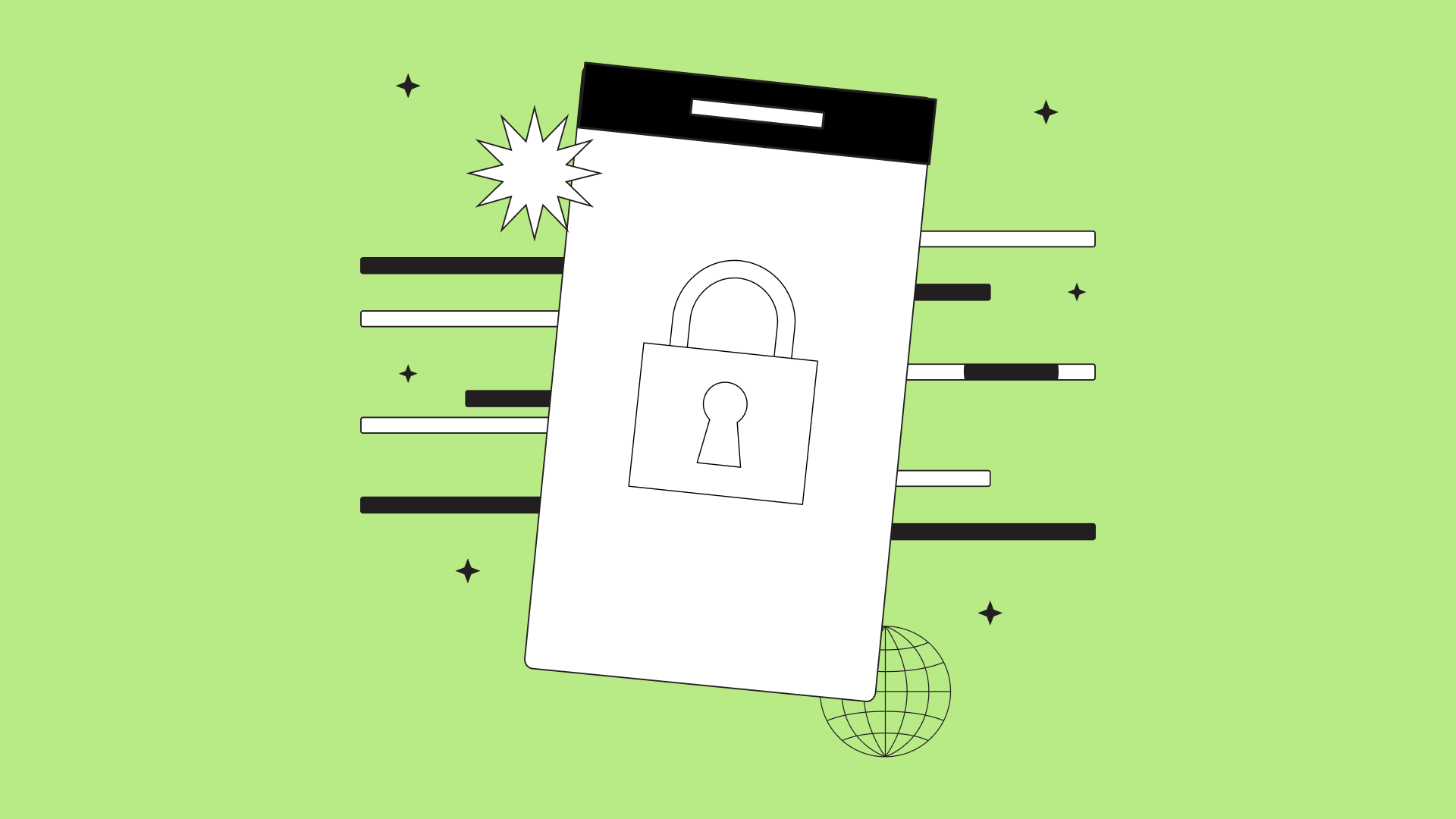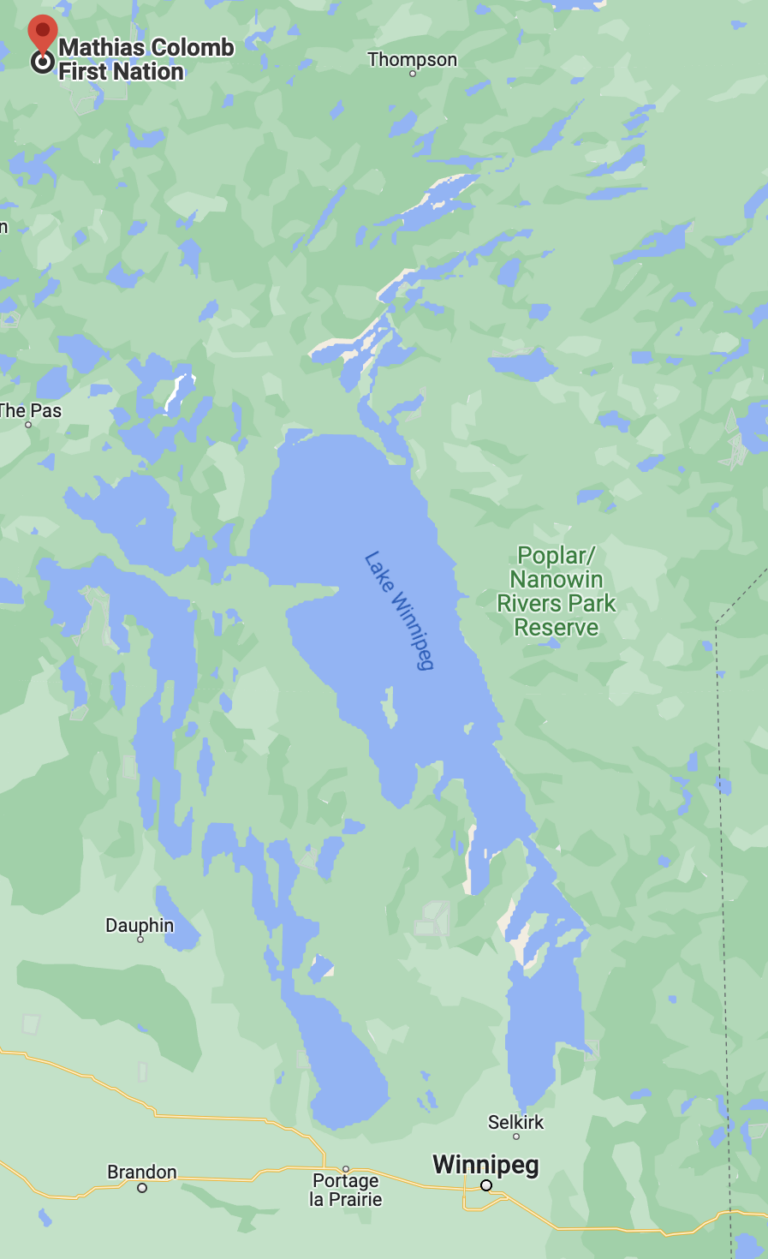Understanding CNIL Guidelines For Mobile App Data Protection

Table of Contents
Key Principles of CNIL's Mobile App Data Protection Guidelines
The CNIL's guidelines for mobile app data protection are heavily influenced by the GDPR (General Data Protection Regulation), mirroring its core principles. Understanding and implementing these principles is fundamental to ensuring compliance with French data privacy laws. These core tenets translate directly into the practical application of data protection within your mobile application.
- Lawfulness, fairness, and transparency: Data collection must be lawful, fair, and transparent to users. This means clearly explaining why you're collecting data and how it will be used in your privacy policy, accessible directly within your app.
- Purpose limitation: Data should only be collected for specified, explicit, and legitimate purposes. Avoid collecting data that's not directly necessary for your app's functionality.
- Data minimization: Only collect the minimum amount of personal data necessary. Don't over-collect, and ensure you only retain data for as long as needed.
- Accuracy: Ensure the data collected is accurate and kept up-to-date. Implement mechanisms for users to correct inaccurate information.
- Storage limitation: Data should be kept only for as long as necessary to fulfill the purpose for which it was collected. Implement data retention policies and schedules for systematic deletion.
- Integrity and confidentiality: Implement appropriate technical and organizational measures to ensure the security and confidentiality of personal data. This includes encryption and secure storage (more on this below).
- Accountability: Be able to demonstrate compliance with these principles. Maintain records of your data processing activities and be prepared to provide them to the CNIL upon request.
These principles aren't abstract concepts; they require tangible implementation. For instance, if your app collects location data, you must clearly explain why you need this data (e.g., for providing location-based services) and how it will be used, adhering strictly to purpose limitation and data minimization. Refer to the official CNIL website () for detailed guidance and resources.
Data Collection and Consent under CNIL Regulations
Obtaining valid consent for data collection is paramount under CNIL regulations. This isn't a simple checkbox; it requires transparency and user control.
- Clear and concise consent forms: Avoid legal jargon. Use plain language that everyone can understand.
- Granular consent options: Allow users to choose which data points they share. Don't bundle unrelated permissions together.
- Easy withdrawal of consent: Make it simple for users to withdraw their consent at any time. Clearly explain how they can do this.
- Transparency in data usage: Be upfront about how you'll use the collected data, including who you might share it with (e.g., third-party service providers).
- Specific examples: A valid consent mechanism would clearly state that location data is used for nearby location-based features only. An invalid consent mechanism would bundle location data collection with advertising personalization without clear separation.
Failing to obtain proper consent can lead to significant penalties. The CNIL takes consent seriously, and non-compliance can result in investigations and substantial fines.
Data Security and Breach Notification in Mobile Apps
CNIL expects robust data security measures for mobile apps. This includes:
- Data encryption: Both in transit (while data is being transmitted) and at rest (while data is stored).
- Secure storage of personal data: Use secure servers and databases, implementing access controls to limit who can access the data.
- Regular security assessments and updates: Conduct regular vulnerability assessments and promptly apply security patches.
- Incident response plan: Have a plan in place to handle data breaches, including procedures for notifying the CNIL and affected users.
In the event of a data breach, you must notify the CNIL and affected users within 72 hours, providing detailed information about the breach and the steps you're taking to address it. This prompt notification is crucial for mitigating reputational damage and demonstrating your commitment to data protection.
Specific Considerations for Different Data Types
CNIL guidelines vary depending on the sensitivity of the data. For example:
- Location data: Requires clear justification and limitations on storage duration.
- Biometric data: Needs especially stringent security measures due to its unique and sensitive nature.
- Sensitive personal data (e.g., health information, racial or ethnic origin): Requires explicit consent and enhanced security measures. You will likely need to justify the collection of this type of data far more stringently.
Best practices for each data type should be carefully considered and implemented, reflecting the inherent risks involved.
CNIL's Enforcement and Penalties
Non-compliance with CNIL guidelines can have severe consequences:
- Financial penalties: Fines can reach millions of euros, depending on the severity and nature of the violation.
- Reputational damage: Data breaches and non-compliance can severely damage your app's reputation and user trust.
- Legal action: You may face legal action from users whose data has been compromised or misused.
Proactive compliance is far more cost-effective than reacting to a CNIL investigation. Investing in robust data protection measures from the outset is crucial for long-term success.
Conclusion
This guide has highlighted the key aspects of CNIL guidelines for mobile app data protection, emphasizing data collection, consent, security, and breach notification. Strict adherence to these guidelines is not just a legal obligation; it's essential for building trust with users and ensuring the long-term success of your mobile application. Understanding and implementing robust CNIL guidelines for mobile app data protection is crucial for every app developer in France. Start reviewing your app’s data practices today and ensure compliance to avoid potential penalties and maintain user trust. Learn more about CNIL resources and best practices for data privacy on the official CNIL website.

Featured Posts
-
 Tina Knowles Blue Ivy Eyebrow Tip Get The Perfect Arch
Apr 30, 2025
Tina Knowles Blue Ivy Eyebrow Tip Get The Perfect Arch
Apr 30, 2025 -
 Ubisoft Entertainment Comprendre Le Document Amf Cp 2025 E1027692
Apr 30, 2025
Ubisoft Entertainment Comprendre Le Document Amf Cp 2025 E1027692
Apr 30, 2025 -
 Mathias Colomb Cree Nation Embraces Boxing And Survival Training
Apr 30, 2025
Mathias Colomb Cree Nation Embraces Boxing And Survival Training
Apr 30, 2025 -
 Google Slides Free Download Android Apk I Os And Web
Apr 30, 2025
Google Slides Free Download Android Apk I Os And Web
Apr 30, 2025 -
 Caso Becciu Sentenza Di Condanna E Risarcimento Danni
Apr 30, 2025
Caso Becciu Sentenza Di Condanna E Risarcimento Danni
Apr 30, 2025
